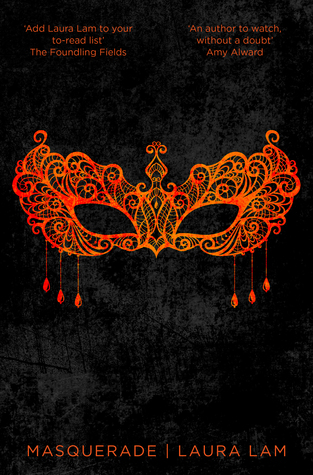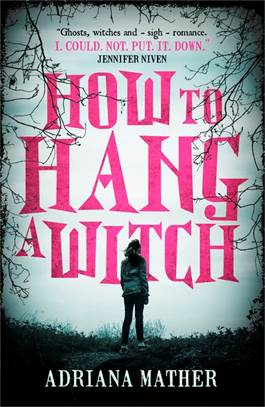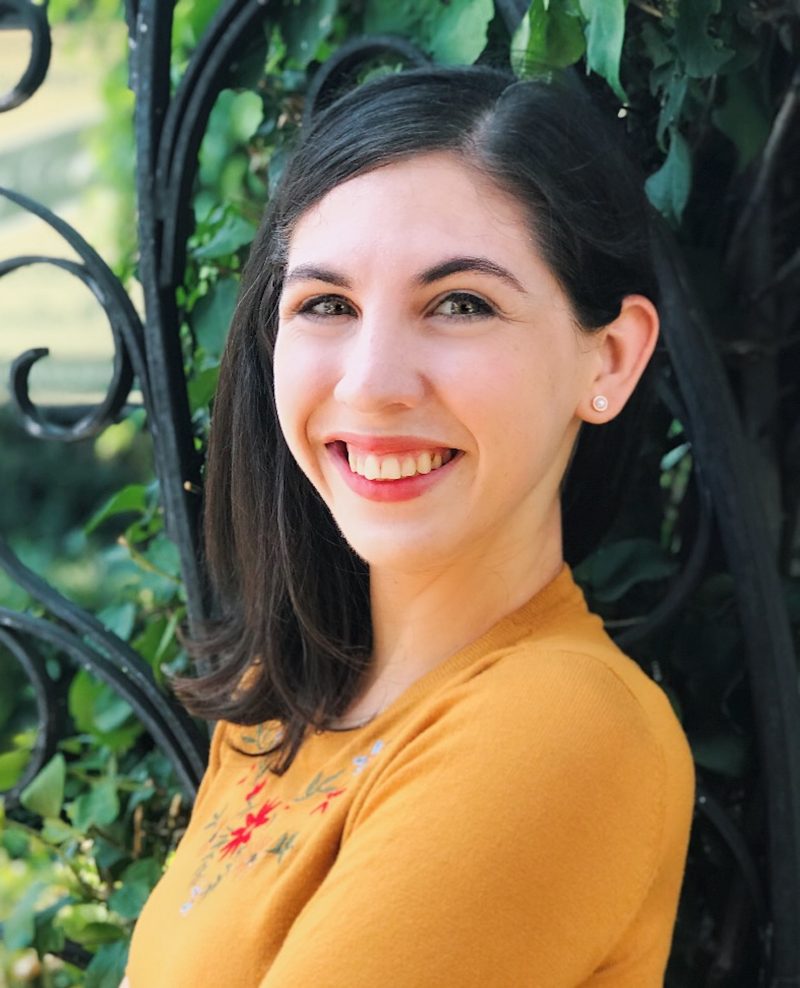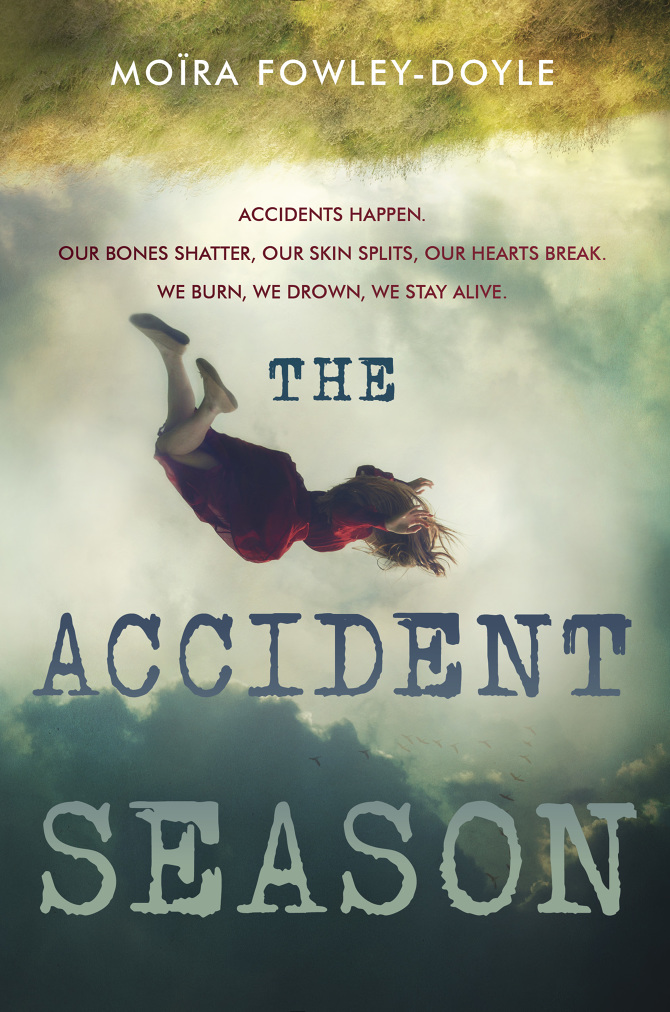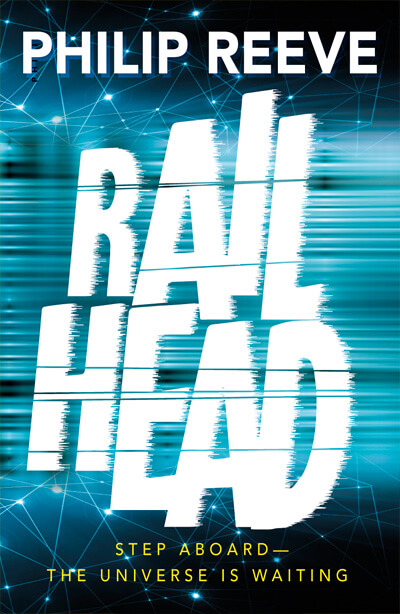Laura Lam’s Dark Circus series has undergone a transformation in recent months, gaining a new costume of covers and revealing the final novel in the trilogy, Masquerade, at its new home of Pan Macmillan publishing. To celebrate the reincarnation of the original novels, Pantomime and Shadowplay, and look forward to Masquerade‘s release in a year’s time, we asked Laura to tell us about her whirlwind writing journey.
Hi Laura,
Pantomime and Shadowplay have had a bit of a phoenix moment, reborn with their lovely new jackets. What’s the best thing about seeing them rise from the ashes?
I do really love their new covers! The best thing about seeing them rise from the ashes is simply getting a second chance for readers to find out about them. The Micah Grey series has had a bit of a rocky path. They were initially released through Strange Chemistry books, and were critically well-received, but didn’t become widely known. The third book was turned down in early 2014, and I was absolutely devastated. I didn’t know it was partly bigger reasons than my books or sales; Strange Chemistry shut down in May 2014. I had no idea what would happen next. You think about selling the book and getting it out there—it’s harder to anticipate something like that happening. So I turned to other projects for a bit to clear my head, and ended up selling two thrillers (False Hearts and Shattered Minds) to Pan Macmillan in July 2014, which was another phoenix moment. Not only did I have more books under contract again, but I could also become a full-time writer. And then, very happily, Pan Macmillan took all three Micah Grey books under their wing too. It really did feel like magic, and I still pinch myself sometimes that it actually worked out. I wish I could go back in time to February 2014 Laura and paraphrase Dumbledore to her: it’s a dark time, but you’ll turn on the light. Now the first two Micah Grey books are back out in e-book worldwide, with paperbacks out later this year in the UK, and it’s just such an overwhelming relief.
What do you think is particularly magical about circus life? How does this compare to the magic of theater?
I’ve always found the idea of a circus a bit magical. It appears as if from nowhere on what was an abandoned field or a beach. The tents glow at night from the lights within, and if you pass by, you can hear the music and laughter. Circus people move from town to town, city to city, and it all has this transitory, almost dream-like, feeling. So it was easy to add a bit more wonder when I created R.H. Ragona’s Circus of Magic. Pantomime is all about the circus, but Shadowplay sidesteps into stage magic. All theater, no matter the setting, has similar themes. It’s almost a contract with the performer and the audience. You have the ambience of the tent or the proscenium theater. A performer comes onto the ring or the stage. Behind the stage or in the back of the big top, people help make it happen seamlessly, you forget where you are and enjoy the show. Performers draw you into a narrative, they entertain, transport you somewhere else. Perhaps it’s tumblers or clowns. Perhaps it’s a magician perfectly misdirecting you and making someone or something seem to appear from the ether. If they’re good and honor that contract with the audience, it’s all magical. A writer has a similar sort of contract with readers, too. It’s our own stage.
We are excited to see a woman of color in the role of Hermione – how important do you think it is to have diversity represented on the page?
Incredibly important! Micah Grey is definitely influenced by Harry Potter—I’m about the same age as Daniel Radcliffe, Emma Watson, and Rupert Grint. I grew up reading Harry Potter over and over, waiting in line for the midnight releases, and playing hooky with my mother and my brother to go see the films on opening day (and then proceeding to see them in the cinema as many times as my allowance would stretch). I read a lot of fan fiction, and evidently put the first chapter of one online in 2003, though I can’t find it anywhere. It’s probably for the best. Harry Potter was a constant presence in my teen years. I never noticed how white it was.
I started seeing black Hermione fan art on Tumblr a few years ago, and I immediately thought it was great. Hermione starting S.P.E.W. and being called the Mudblood slur take on different emphases, for example, if she is black instead of white. I’d love to re-read the series with that in mind sometime in the next few years. I’m so excited to see Noma Dumezweni on stage, as I’ll hopefully be seeing The Cursed Child in London next October! *crosses everything*
It wasn’t until I wrote Shadowplay and added the character of Cyan I realized I’d made my own trio—and made them diverse. Micah is white, bisexual, genderfluid, and intersex; Drystan is also white and bisexual and [MINOR SPOILER] a recovering addict; and Cyan is a first generation WOC whose family are originally from Southern Temne, which is sort of analogous to Cambodia or Thailand. I also have plenty of diverse side characters. It wasn’t a conscious decision, really—I grew up in the San Francisco Bay Area, which is really diverse, so it never occurred to me to make all the characters look just like me.
We need diversity in our fiction so much. Everyone should see themselves reflected in the books they choose to read. No matter their gender identity, their sexuality, their race, if they are disabled. No one should be left out. Our world is gloriously diverse. All writers should do their research to make sure they don’t fall into stereotypes or bad representation, but wherever possible, I believe diversity should be celebrated and encouraged. It makes stories richer.
Do you have any writing habits to help you get into your characters’ minds?
Micah’s voice and personality come to me very naturally—I’ve now written nearly 400,000 words with them as a narrator, so I don’t think any other character will ever be as easy for me to write as Micah. Before I start a book, I tend to think a lot about them—what does my character want, how has their life been so far, what’s the main obstacles they must overcome? What are their likes, their dislikes, their dreams, their nightmares? How has society shaped them? Who do they love, who do they hate? I find if I have all that in my head, then once I get to the point where I start the book, I know my characters—both my protagonists and my villains—pretty well.
On a related note, for me, the main struggle is just getting myself to put my butt in the chair, my hands on the keyboard, NOT LOOKING AT TWITTER, and writing. Usually I’ll have a few false starts and then settle into it. I have lots of little productivity habits I do. I set a timer for 20 to 30 minutes and try to write the entire time. I aim for a certain number of words, but also don’t force myself to write them if I can tell I need to step back and plan or research to become unstuck.
What was it like revisiting the world for the next instalment; could you give us a teaser for Masquerade?
I’ve worked on Masquerade off and on since April 2013 and it’ll be out in early 2017, so it’s been a long process. I never really left. Even as I was writing other books, Masquerade was lurking at the back of my mind. Writing it was a challenge due to the long timeline and because third books in trilogies are hard. You’ve introduced so many characters and subplots, and now you have to wrap them all up!
Masquerade is still unedited so I won’t put up a little snippet for that reason (plus spoilers since it’s Book 3), but I will say that it starts immediately after Shadowplay finishes. Everything’s really coming to a head now, and everything weaves together into a finale I’m really quite proud of. There’s more stage magic like in Shadowplay, but this time it’s either on the street or in a royal setting. There’s still romance, danger, friendship, adventure, and more. There are some new characters I really like. Vestige and Penglass have been a constant presence in Pantomime and Shadowplay (and the short stories/novellas the Vestigial Tales), which are artifacts and remnants of a past civilization and may or may not be magic. These become even more important in Masquerade. I’m so excited to finally share the end of the story with people.
Do you have any writing resolutions for 2016?
I’ve been a bit overzealous. I’d like to draft another thriller which I’m really excited to write, finish a book I’m in the middle of co-writing (co-writing is so fun and it’s nice to bash your head against the keyboard together rather than just on your lonesome), and draft or at least start another book. I’d also like to write a novella or a short story. I technically have three releases this year between False Hearts and the Pantomime and Shadowplay paperbacks, so I’m not sure I’ll make it. But no matter what, I should get a good chunk of work done.
Would you prefer to Apparate, become invisible, or predict the future?
I have actually often wished to have the ability to Apparate, but in order to take full advantage of it, I’d have to be able to appear and disappear while invisible. Otherwise I couldn’t just Apparate onto a stage at a concert without causing a fuss, for example. Or sneak into a high powered spy facility. Or Apparate into Donald Trump’s vault and steal all his jewels you know he keeps to swim in like Scrooge McDuck and give them to the poor.
What are your Hogwarts Houses for yourself and your characters?
Micah: Gryffindor with a dash of Hufflepuff
Drystan: The Sorting Hat found it a toss-up between Slytherin and Gryffindor. The Hat let Drystan choose Slytherin but secretly still thinks he’s a Gryffindor.
Aenea: Gryffindor? Maybe? She’s a tough one to place.
Cyan: Ravenclaw
Maske: Hufflepuff
Me: Ravenclaw!

